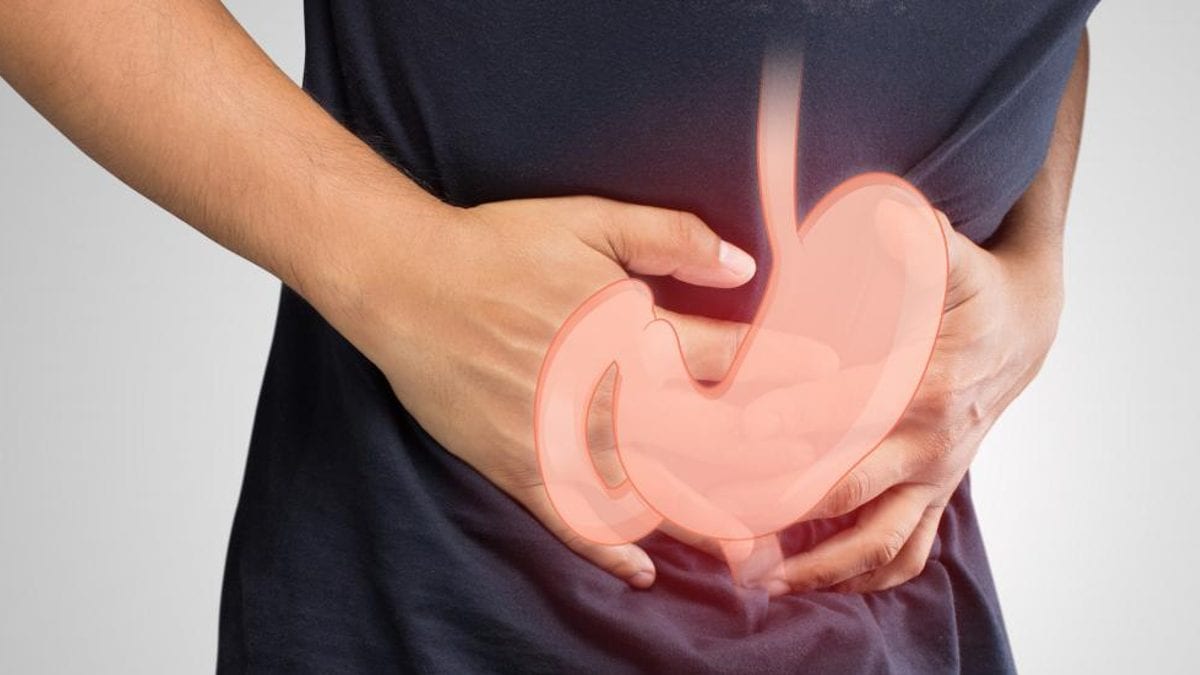Gastroparesis: Causes, Symptoms, Dietary and Lifestyle Tips

When the stomach empties slowly and without any structural restriction, it is called gastroparesis.
Gastroenterologist and hepatologist Dr. Rakesh Sringeri offers a few ways to care for gastroparesis at the Gastroenterology Department of the Kauvery Hospital in Electronic City, Bengaluru
Gastroparesis is a condition or a syndrome when the stomach emptying time is prolonged without any structural obstruction. Symptoms consist of nausea, vomiting, heartburn, bloating, abdominal pain and feeling full after a small meal. There are many causes and it’s commonly seen in diabetic patients. In certain patients, when the cause is not identified, it is known as idiopathic gastroparesis. There are various tests to confirm the diagnosis of gastroparesis so that it can be appropriately managed.
Patients with gastroparesis tend to have poor oral intake which can lead to a calorie-deficient diet and deficiencies in vitamins and minerals. Dietary and lifestyle recommendations consist of measures to optimise gastric emptying.
Dietary and lifestyle recommendations:
- Eat small portions more frequently, 4-5 times a day.
- Drinking liquids throughout the meal.
- Follow a diet which is low in fat and fibre as they tend to delay the gastric emptying.
- Avoid fibrous fruits like oranges, banana, guava and mangoes.
- Avoid fibrous vegetables like broccoli, cabbage, capsicum and beans.
- Avoid fruits and vegetables’ seeds and skins.
- Follow a low-fat diet by avoiding fat rich foods like cheese, cream, excess oil and
butter. - Doing gentle physical activity after a meal such as taking a walk will help in managing symptoms effectively.
- Take a multivitamin tablet a day.
- Avoid lying down until 2 hrs after a meal.
- Avoid carbonated beverages as they tend to release carbon dioxide, which increases stomach distension and aggravates the symptoms.
- Avoid smoking tobacco and alcohol consumption as they can modify the gastric
emptying.
Generally, gastric emptying of liquids would be normal in patients with gastroparesis, so increasing the liquid nutrient components of a meal would help to meet the nutritional needs. Solid foods could be blenderized to soups or purees to modify their consistencies and aid with gastric emptying.
It’s also very important to achieve good control of blood sugar in diabetic patients as adequate blood sugar levels will accelerate gastric emptying.
ALSO READ: Head Injury; Everything You Need To Know
Despite following the above measures, if the symptoms persist, it is advisable to consult a gastroenterologist or specialised dietician who would be familiar in managing this condition effectively. There are other medical and surgical treatment modalities that could be considered on an individual basis after a thorough clinical assessment.
In summary, following a small portion more often meals in a day which are low in fat and fibre content would be beneficial in managing the symptoms of gastroparesis.
Read all the Latest Lifestyle News here
For all the latest lifestyle News Click Here

